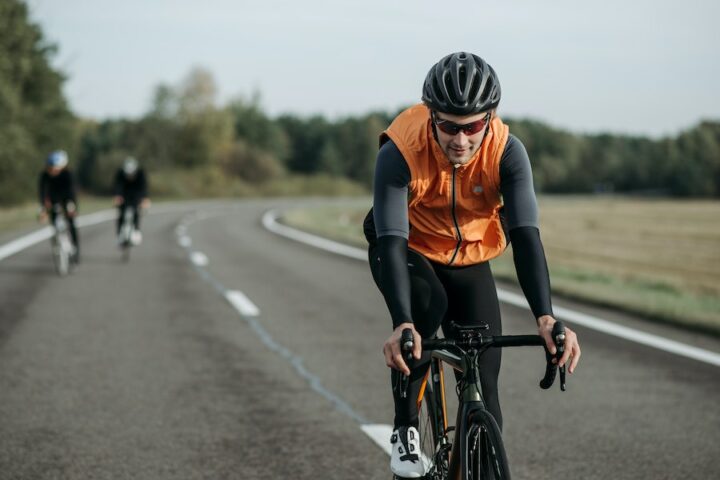
Is There a Value to the One-Hour Easy Ride?
We all understand the purpose of high-intensity intervals and long endurance rides, but is there a value to kitting up and doing a workout that’s both short and easy?
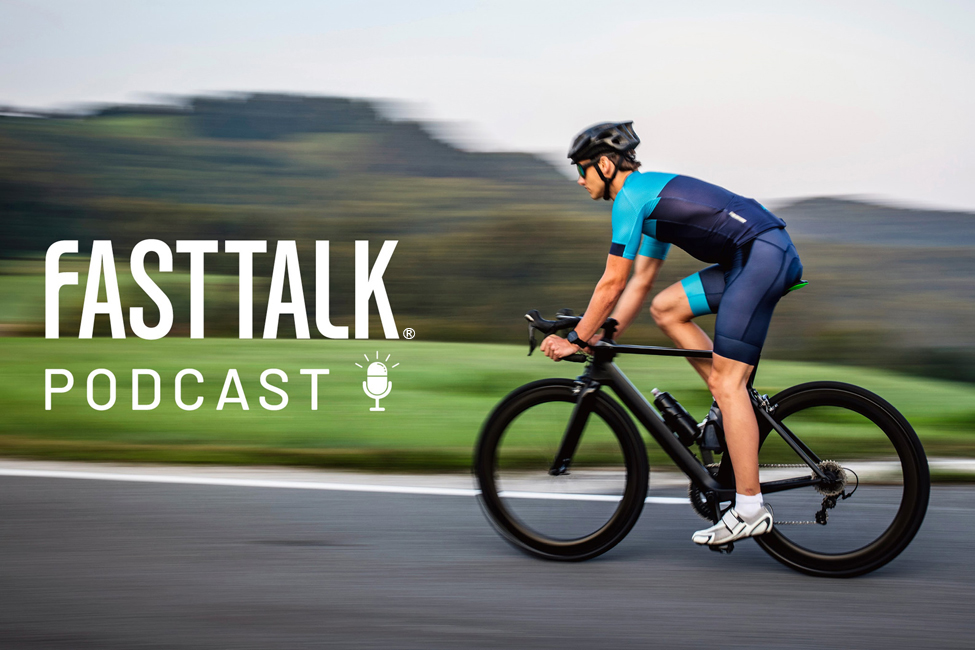
The Fast Talk Podcast focuses on the science of endurance sports in a conversational and informative style. Mixed into the deep discussions, there are tips and takeaways regarding endurance training philosophy, human physiology, workout design, performance nutrition, and sport psychology.
Our hosts Trevor Connor and Rob Pickels explore these topics with world-class, leading experts on endurance sports. These include researchers like Dr. Stephen Seiler, Dr. Bent Ronnestand, Dr. Inigo San Millan, as well as coaches such as Joe Friel, Neal Henderson, Stacy Sims, and Grant Holicky.
Subscribe to Fast Talk for over 275 episodes on Apple Podcasts, Google Podcasts, Overcast, Soundcloud, Spotify, Stitcher, and on your favorite podcasting app.

We all understand the purpose of high-intensity intervals and long endurance rides, but is there a value to kitting up and doing a workout that’s both short and easy?
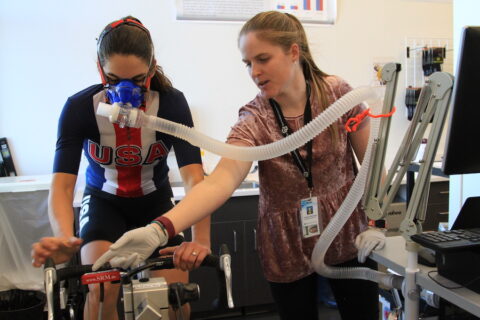
Time at VO2max is driving the recent research on what makes the most effective intervals, but is it a good metric to use? We find out on this week’s Fast Talk podcast.
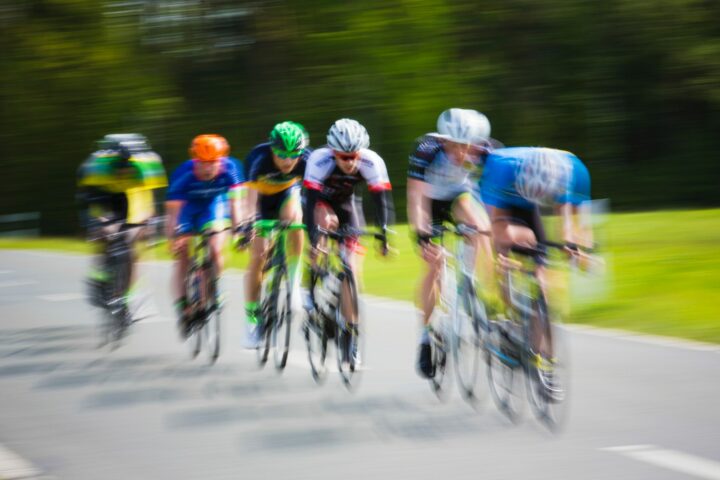
High-intensity training offers many benefits. It also has limitations. We explore just how much HIT work you need to perform at your best.
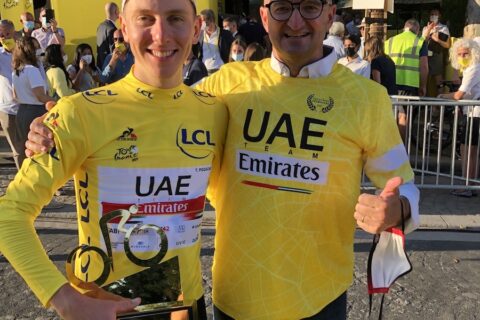
Elite cycling coach Dr. Iñigo San Millán explores the goals of training during the early season, base training months and how to best execute that training.
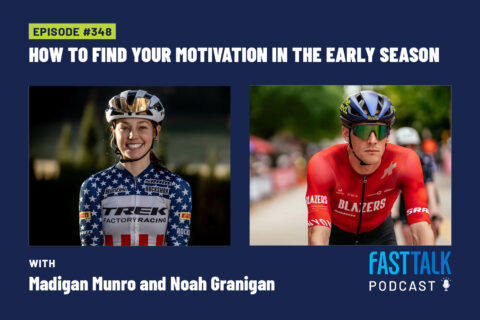
Our team talks with pro riders Madigan Munro and Noah Granigan about how they find motivation to train and stay fit when their next race is a winter away.
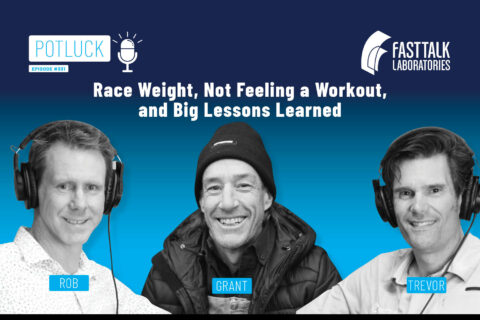
In this week’s potluck, we discuss if lighter means you always perform better, how to change things up if you’re not feeling that day’s workout, and what key tips we have to be better coaches or athletes.
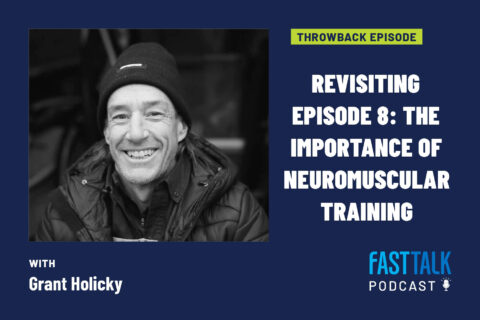
Originally titled “Stop Your Legs from Fighting (Themselves),” we look back at episode 8 to see how our views—and the science—has changed regarding neuromuscular work.
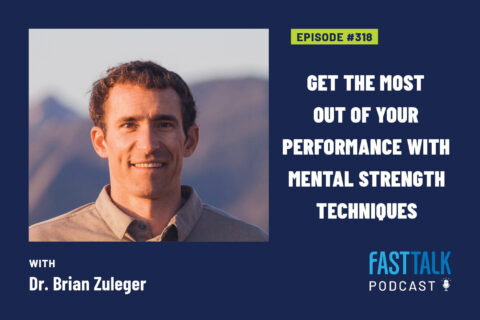
We’ve talked a lot about sports psychology tactics, but in this episode Dr. Brian Zuleger explains how to effectively apply them to your performance.
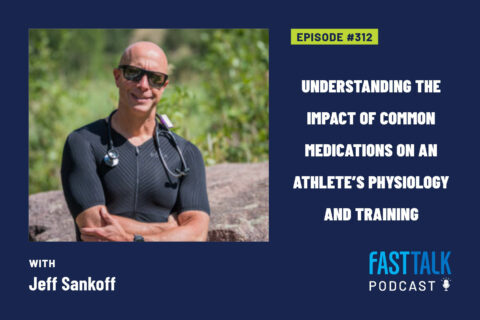
Dr. Jeff Sankoff, the TriDoc, walks us through a list of medications and their impact on athletes to better understand risks, necessary training adaptations, and how to better communicate with your doctor.
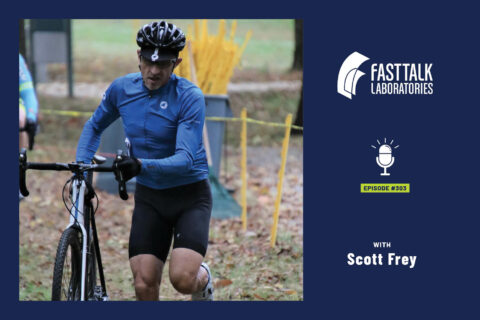
Neuroscientist Dr. Scott Frey talks about the hard science behind belief and how our “soft-wired” brain can be an advantage to endurance athletes and coaches.
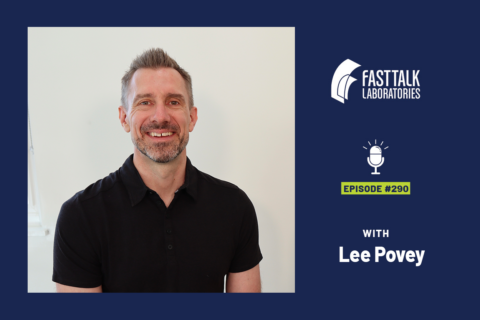
The modern coach often assumes their job is fundamentally self-sacrificing – the athlete always comes first. We talk about why changing that belief can make for a better coach.
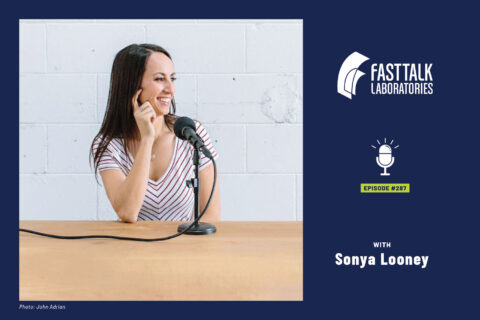
We talked with Sonya Looney about how the concepts of flow states, flourishing, and grit are essential for athletes to both perform their best and enjoy their sport.
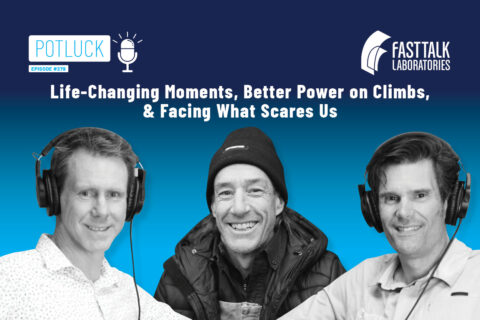
We discuss an eclectic group of odd, challenging, and humorous training topics in this week’s Potluck.
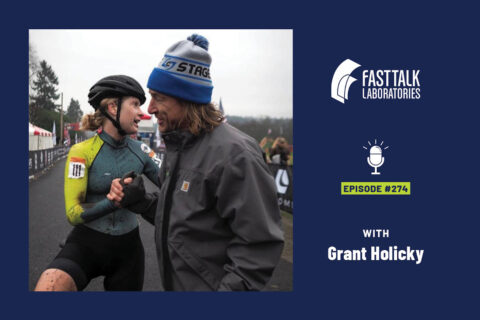
In this roundtable discussion, we dive into how personal connections between athletes and coaches may be more important than training plans.
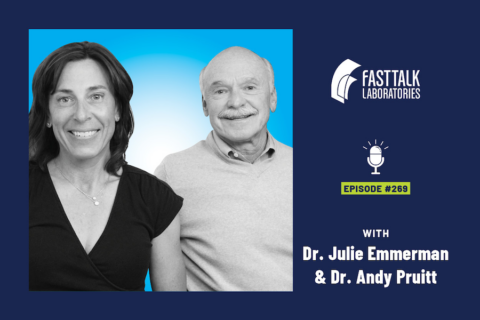
All athletes fear the injury that takes years to recover from or permanently changes their lives. We talk with several experts on how to manage serious injury and find yourself again.
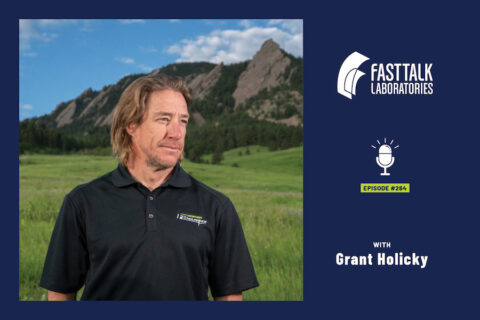
If Coach Holicky could boil sports psychology down to one concept, it’s being present in everything we do. We explore this concept and how it ties together mental toughness, motivation, and even pain tolerance.
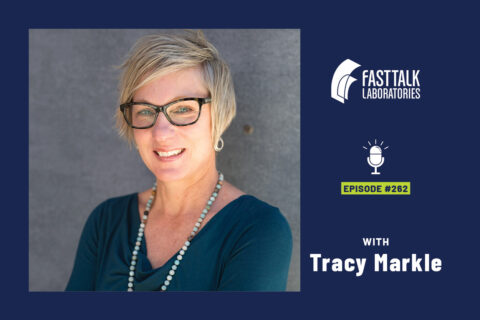
In this week’s Fast Talk podcast, we discuss the impact digital media can have on the physical, mental, and emotional health of athletes.
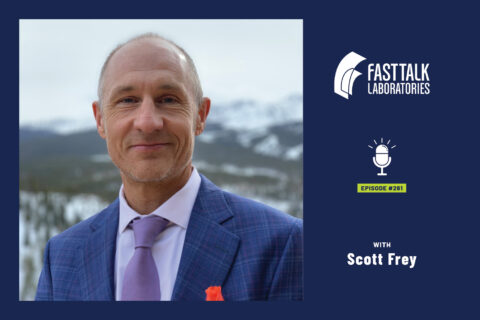
What is pain—and how can we learn to tolerate it in training and racing? We find out on our latest Fast Talk podcast where we’re joined by neuroscientist Dr. Scott Frey.
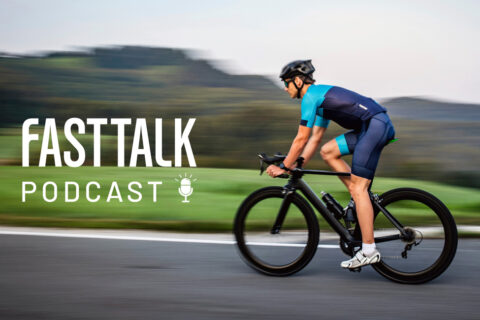
In this week’s episode, our hosts talk about the best work to do leading into the race season, getting meditative during intervals, and preparing for an epic event.
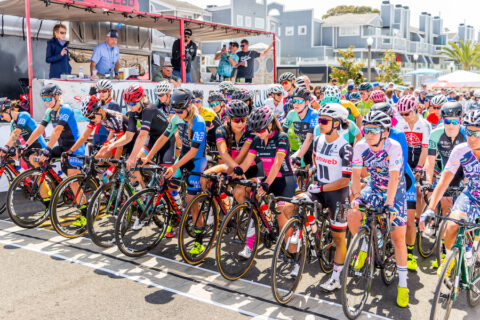
In this week’s show, we talk about how we deal with the stress of competition, whether threshold intervals are old news, and the mental side of dealing with health setbacks.
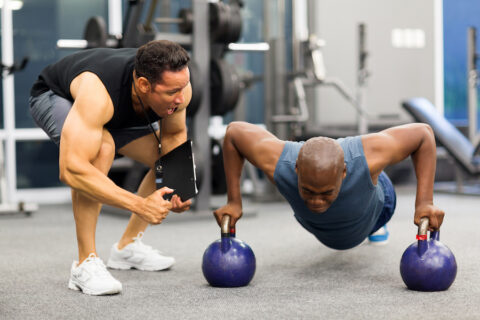
Understanding your sources of motivation can be key to achieving your athletic potential, yet it’s a topic that can also be surprisingly complex. We talk with mental performance expert Sonya Looney on how to find your motivation.
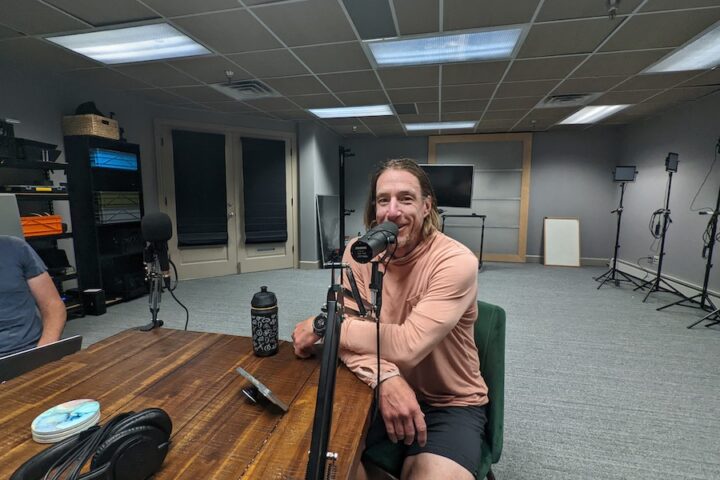
Our hosts continue their potluck discussion and talk about what’s the ideal mental state for performance, whether we should be consistent with our intervals or not, and why failure is so important for an athlete to experience.